
At Bedrock, we use evidence-based approaches such as cognitive-behavioral therapy (CBT) to help our clients develop coping skills and enhance resilience in the face of setbacks. Gordon as part of their cognitive-behavioral model of relapse prevention, and it is used particularly in the context of substance use disorders. Our addiction treatment network offers comprehensive care for alcohol addiction, opioid addiction, and all other forms of drug addiction. Our treatment Alcoholics Anonymous options include detox, inpatient treatment, outpatient treatment, medication-assisted treatment options, and more. By implementing certain strategies, people can develop resilience, self-compassion, and adaptive coping skills to counteract the effects of the AVE and maintain lifelong sobriety.
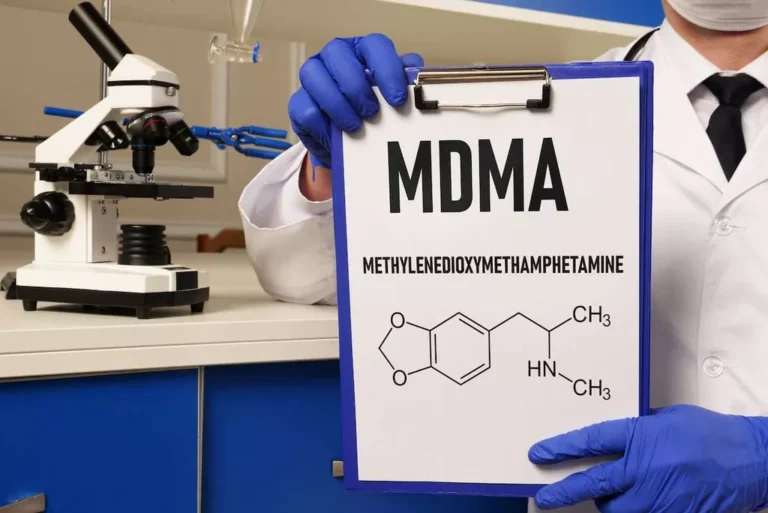
Relapse Prevention And Ongoing Treatment At Bedrock
Overall, the Abstinence Violation Effect is a complex phenomenon influenced https://ecosoberhouse.com/ by a combination of cognitive, emotional, and biological factors. Realistic—Although I had a setback, I did not lose the gains that I have made in the past months.
Ohio Recovery Center
- We want to give recovering addicts the tools to return to the outside world completely substance-free and successful.
- Taylor uses an app to watch her intake of calorie limit and does see positive outcomes to her new lifestyle.
- Counteracting the effects of the AVE is necessary to support long-term recovery from addiction.
- Ark Behavioral Health offers 100% confidential substance abuse assessment and treatment placement tailored to your individual needs.
The term relapse may be used to describe a prolonged return to substance use, whereas lapsemay be used to describe discrete,… Addressing the AVE in the context of addiction treatment involves helping people develop healthier coping strategies and challenging negative beliefs that contribute to addiction. There are many relapse prevention models used in substance abuse treatment to counter AVE and give those in recovery important tools and coping skills.
- Additionally, the support of a solid social network and professional help can play a pivotal role.
- Recognizing the factors that contributed to the lapse, such as stressors or triggers, helps individuals to develop strategies and techniques to navigate similar challenges in the future.
- Instead of continuing with recovery, AVE refers to relapsing heavily after a single violation.
- By reframing lapses as learning opportunities and teachable moments, cultivating self-compassion, and seeking support, individuals can navigate these challenges more effectively, increasing their chances of leading a healthier lifestyle.
- Addressing the AVE in the context of addiction treatment involves helping people develop healthier coping strategies and challenging negative beliefs that contribute to addiction.
Seek Support
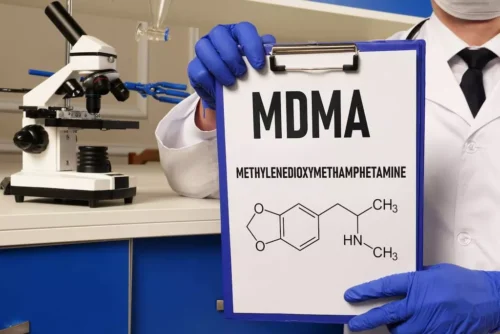
AVE also involves cognitive dissonance, a distressing experience people go through when their internal thoughts, beliefs, actions, or identities are put in conflict with one another. It includes thoughts and feelings like shame, guilt, anger, failure, depression, and recklessness as well as a return to addictive behaviors and drug use. In other words, AVE describes the thoughts, feelings, and actions a person abstinence violation effect goes through after they make a mistake and have a drink or abuse a substance, despite trying to quit.
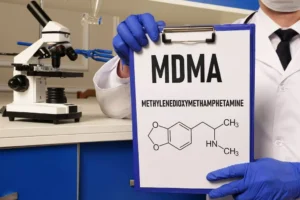
- Instead of surrendering to the negative spiral, individuals can benefit from reframing the lapse as a learning opportunity and teachable moment.
- With the right help, preparation, and support, you and your loved ones can still continue to build a long-lasting recovery from substance abuse.
- I have lost all that time,” which can trigger a self-destructive mindset and potentially lead to further relapse.
- We are dedicated to transforming the despair of addiction into a purposeful life of confidence, self-respect and happiness.
- The term relapse may be used to describe a prolonged return to substance use, whereas lapsemay be used to describe discrete,…
For Jim and Taylor, this might involve acknowledging the months of sobriety and healthier lifestyle choices and understanding that a single incident does not erase that progress. Ark Behavioral Health offers 100% confidential substance abuse assessment and treatment placement tailored to your individual needs. This can include abstinence from substance abuse, overeating, gambling, smoking, or other behaviors a person has been working to avoid. The abstinence violation effect (AVE) describes the tendency of people recovering from addiction to spiral out of control when they experience even a minor relapse. Instead of continuing with recovery, AVE refers to relapsing heavily after a single violation.
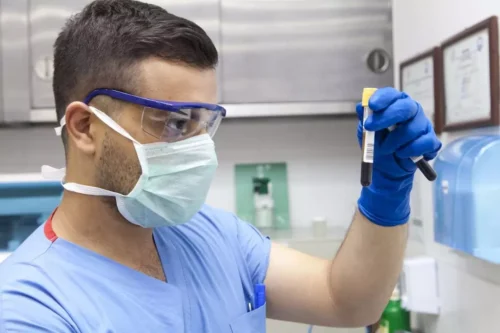
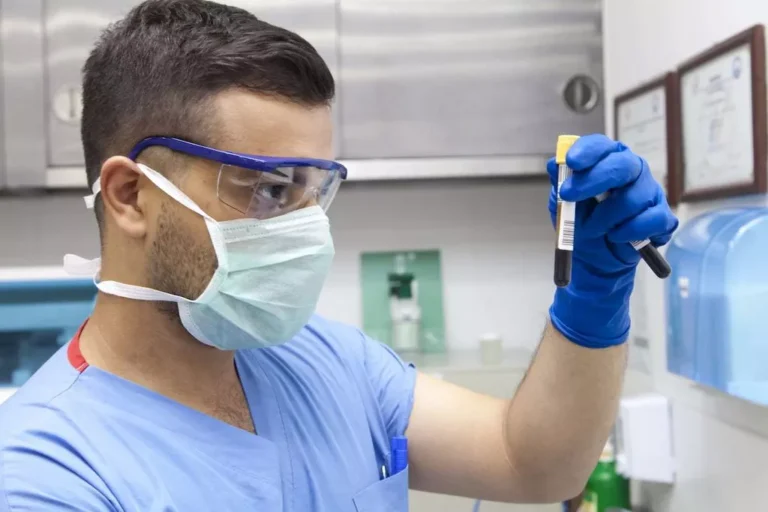
AVE occurs when someone who is striving for abstinence from a particular behavior or substance experiences a setback, such as a lapse or relapse. It can impact someone who is trying to be abstinent from alcohol and drug use in addition to someone trying to make positive changes to their diet, exercise, and other aspects of their lives. In conclusion, the abstinence violation effect is a psychological effect that impacts those in recovery, as well as those who are focused on making more positive behavioral choices in their lives. By reframing lapses as learning opportunities and teachable moments, cultivating self-compassion, and seeking support, individuals can navigate these challenges more effectively, increasing their chances of leading a healthier lifestyle.
A Lapse Vs. A Relapse
Set realistic expectations for your recovery journey, understanding that progress may not always be linear. Rather than only focusing on the end goal, celebrate small victories and all positive steps you’ve taken thus far. If you or a loved one is experiencing addiction in Massachusetts, our professional clinicians can help.
Learning healthy coping mechanisms can help you manage stress, cravings, and triggers without resorting to substance use. Rather, remember that relapse is a natural part of the journey and an opportunity for growth. Triggers include cravings, problematic thought patterns, and external cues or situations, all of which can contribute to increased self-efficacy (a sense of personal confidence, identity, and control) when properly managed. Otherwise, recovering individuals are likely to make the worst of a single mistake and accelerate back through the relapse process as a result. By providing comprehensive care, our treatment programs create a supportive environment in which our clients can build a solid foundation for lasting sobriety. Twelve-month relapse rates following alcohol or drug cessation attempts can range from 60 to 90 percent, and the AVE can contribute to extended relapses.



